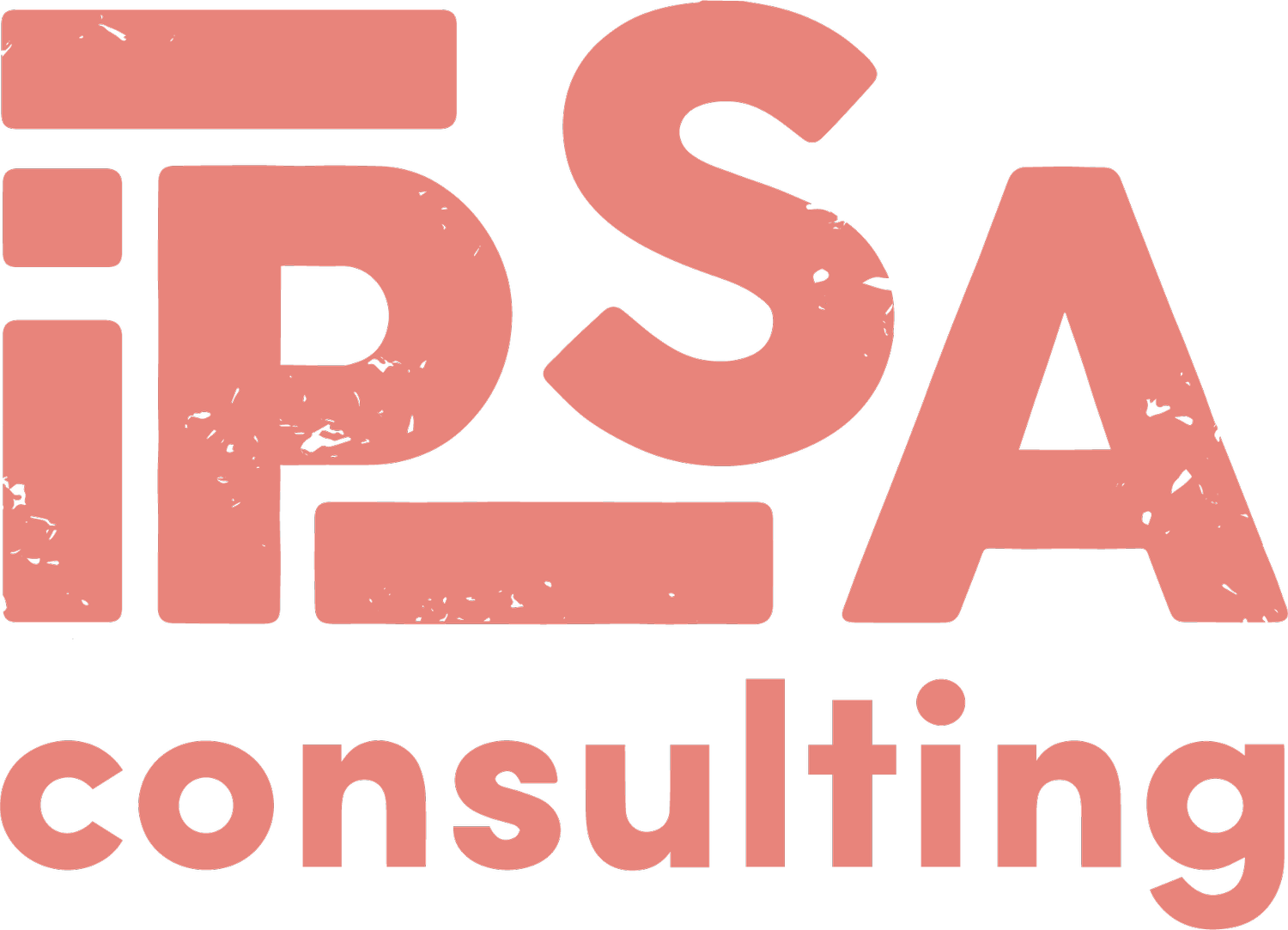Let’s talk about B-Corp Certification
What is B-Corp certification?
B-Corp is an accreditation system for organisations who want to adopt a more sustainable, ethical and environmentally friendly approach to business operations and management. It’s a purpose-led framework for reaching and maintaining certification in various areas of the organisation. Over the last couple of years B-Corp has really taken off. The accreditation body was conceived in 2006 and now there are almost 200 certified companies in the UK and almost 3,000 around the globe, mostly in the US.
The certification process concentrates on five areas of business management and tries to balance shareholder motivations with impactful metrics in the categories of Governance, Environment, Workers, Customers and Community. The assessment criteria has a series of graded questions with a maximum score of 200 points - in order to be accredited, the company will need to meet 80 of those, or more. Some very well known organisations use the system from household product manufacturers like Brew Tea Co and Danone, to footwear such as VivoBarefoot and energy provider, Octopus Energy.
Why do organisations become B-Corp certified?
Many organisations choose to adopt the B-Corp principles because they are incremental, digestible, amendable and the process is flexible - all in all, the path to certification promotes systemic and cultural change within the organisation and leads to multiple ‘Benefits’ (the ‘B’ in B-Corp) for wider society.
B-Corp sets out a convention - or, a framework - for organisations to adhere to and build upon. One of the most appealing features is that the format is tangible, process led and easily communicated. B-Corp spend a lot of effort on their brand awareness and so there are positive and recognisable benefits to being associated with their brand.
What are the alternatives?
There are, of course, alternative options for developing this much needed change to how capitalism functions in todays’ world. For example, a number of larger corporate organisations develop their own strategies and frameworks aiming at similar change. A rise in Environmental, Social and Governance (ESG) reporting - McKinsey have laid out their ESG aims and measurements that include accounting for the non-financial positives and negatives.
Multiple start-ups have launched off the back of B-Corp with similar aims to document and measure the sustainable development within companies. For example, Green America is a membership organisation that offers a similar certification process. Similarly, Sustainable Brands offers a membership whilst facilitating a global community of impact-led organisations whom they call ‘Courageous Optimists’.
What are some of the criticisms of B-Corp?
The intention of certification is for forward-thinking and progressive organisations to continue developing. It is the minimum effort required to be considered an ethical or impact-led organisation.
Regenerative capitalism author and thinker, John Elkington, has warned that unless huge swathes of organisations take up this type of accreditation, the result will be ineffectual. With nearly 3,000 companies accredited through B-Corp out of several million companies in the UK and US, the up-take needs to exponentially increase to make any real difference. Now you could argue that there either needs to be a single measure for successful uptake, however, with multiple alternatives and in-house options being developed from the ground up, any change is already in effect, albeit incrementally.
Another criticism by B-Corp Founder, Jay Coen-Gilbert is that certification programmes enable naval-gazing and internal change, rather than the much needed Governmental and policy-level change required. Whilst this is a legitimate concern, there are a couple of other perspectives to this. Firstly, that change needs to happen at company level in the first instance to prove the case for the required change. And secondly, rather cynically, businesses fund large parts of Government in today’s world order so of course cultural change will happen through business first.
Have you considered embarking on the B-Corp certification? What are your motivations?
